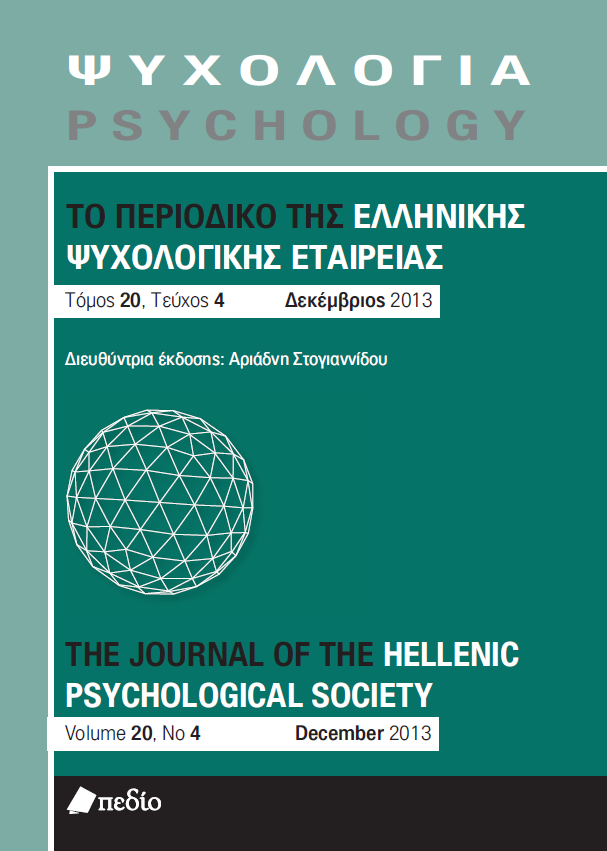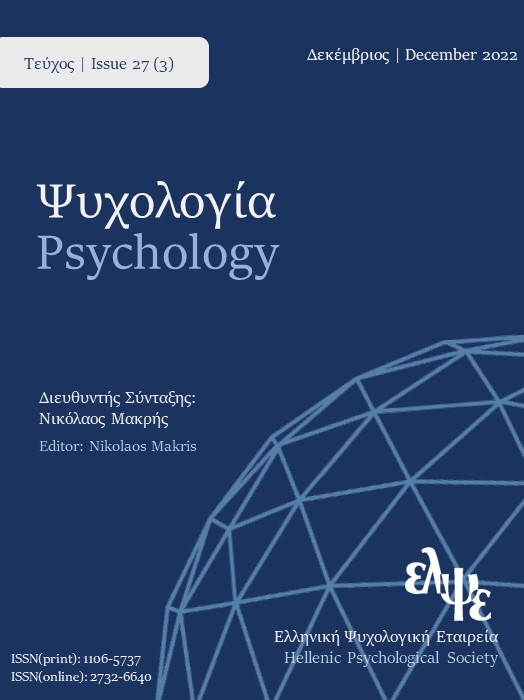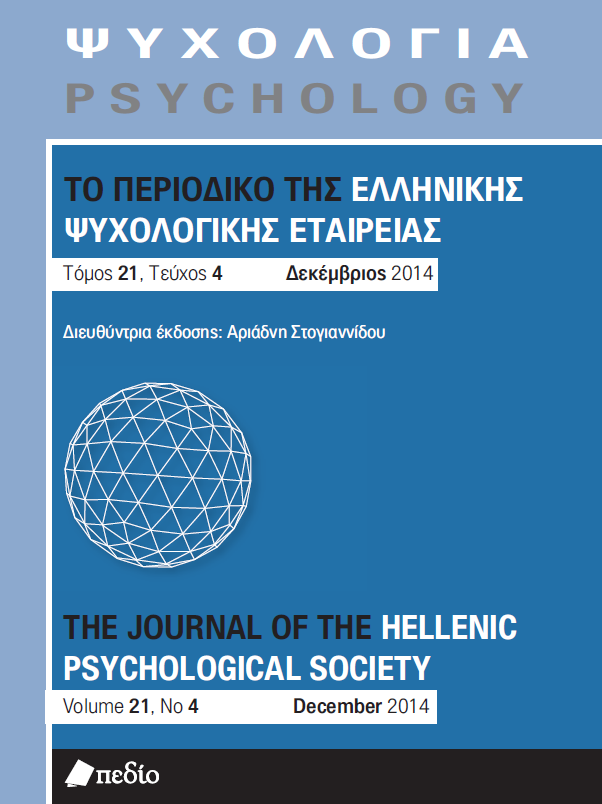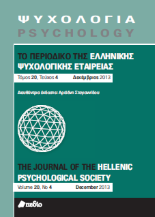An empirical investigation of xenophobia in the contemporary society of Greece: Socio-demographic and socio-psychological contributory factors

Abstract
In this article, we present research evidence of a national survey on xenophobia (N = 1.838) and host-immigrant relations carried out in the contemporary society of Greece facing a deep and severe economic crisis. The theoretical and research design of the study draws on the integrated threat theory (Stephan & Stephan, 2000) and the right-wing
authoritarian theory (Altemeyer, 1981) that have been extensively used in the research area of social psychology of prejudice and inter-group discrimination. The Principal Correspondence Analysis shows that
the overall negative attitude towards the immigrants and political xenophobia are related to sociodemographic characteristics such as low education level, low income and negative change someone’s economic position. The overall negative attitude towards the immigrants and political xenophobia are also related to socio-psychological processes such as perceived threats and strong ideological beliefs of social
conformity and conservatism. Our results support the existence of varieties of xenophobia.
Article Details
- How to Cite
-
Ζήση Α., Χτουρής Σ., Σταλίδης Γ., & Ρόντος Κ. (2020). An empirical investigation of xenophobia in the contemporary society of Greece: Socio-demographic and socio-psychological contributory factors. Psychology: The Journal of the Hellenic Psychological Society, 20(2), 176–193. https://doi.org/10.12681/psy_hps.23535
- Issue
- Vol. 20 No. 2 (2013)
- Section
- RESEARCH PAPERS

This work is licensed under a Creative Commons Attribution-ShareAlike 4.0 International License.
The journal PSYCHOLOGY adopts a Platinum open-access policy. Submission, processing or publication costs are waived by the Hellenic Psychological Society. Papers published in the journal PSYCHOLOGY are licensed under a 'Creative Commons Attribution-ShareAlike 4.0 International' licence. The authors reserve the copyright of their work and grant the journal the right of its first publication. Third-party licensees are allowed to use the published paper immediately after publication as they wish, provided they retain the defined by the license copyright formalities, regarding the reference to its author(s) and its initial publication in the journal PSYCHOLOGY. Moreover, any adjusted work should be shared under the same reuse rights, so with the same CC license.









